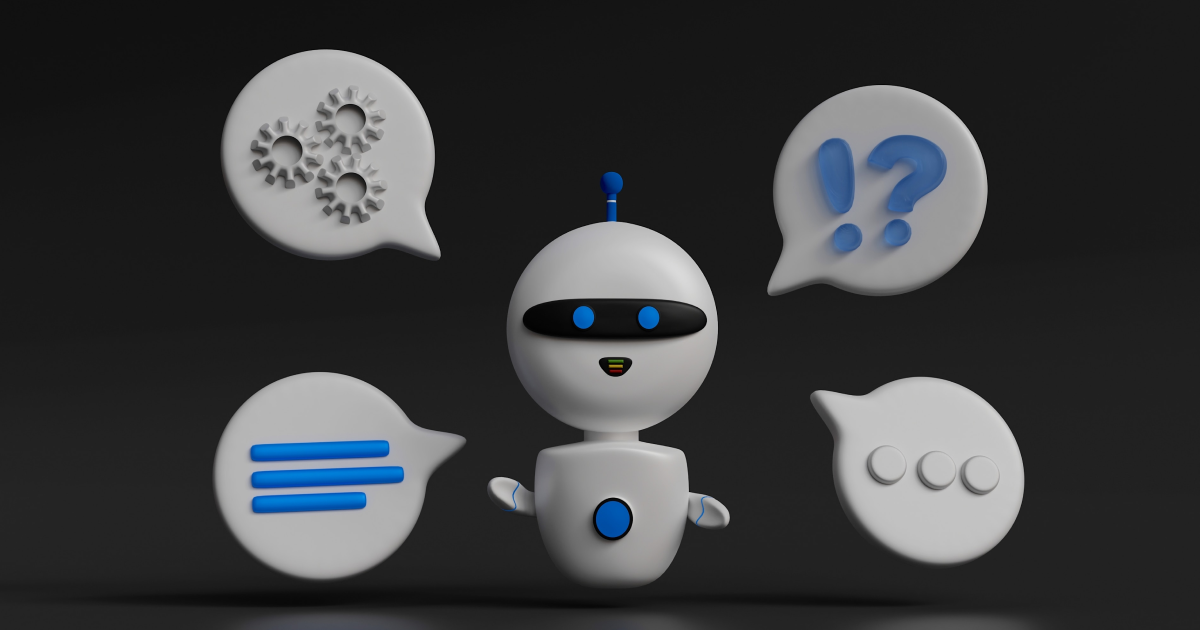12 May 2023
The increasing buzz around ChatGPT and Google’s Bard has started several conversations about the future of AI (Artificial Intelligence) and its potential impact on businesses and employees.
But what does this signify? Is AI truly the future, and should Employers consider investing in it? Can Employers hide from it?
AI, in simple terms, refers to machines or software that simulate human intelligence, encompassing language understanding, image recognition, decision-making, and problem-solving. Its ultimate goal is to replicate human cognitive thinking and behavior, allowing machines to mimic human-like actions in any given situation.

Major technology companies such as Amazon, Microsoft, Google, and Apple are at the forefront of AI development and application.
It is important to note that AI is not a single technology but rather an umbrella term encompassing various categories and expertise levels. When people refer to AI, they are referring to a range of technologies.
So, how does AI differ from the software tools you currently use? AI tools rely on data provided by human specialists. They learn from this data to achieve specific outcomes and then apply that knowledge to new data, enabling them to autonomously achieve similar outcomes. This process is known as machine learning and is one of the most prevalent types of AI in use.
For instance, software like Excel or Word cannot be considered artificial intelligence. Excel’s formulas, for example, don’t understand multiplication; they only process numeric values. On the other hand, recommendation engines on websites or plagiarism checkers can be classified as AI since they learn from new inputs, identify patterns, and analyse responses.
AI has widespread applications across diverse industries, ranging from healthcare technologies and gaming to marketing strategies. Its potential impact is significant, and businesses of all sizes should carefully consider whether investing in AI aligns with their objectives and operational needs.

Artificial Intelligence (AI) has become an integral part of our daily lives, both personally and professionally. We have grown accustomed to relying on virtual assistants like Siri and Alexa to simplify tasks and streamline our routines. Rather than perceiving AI as a threat, we can harness its power as a valuable supporting tool. AI offers broader implications for businesses and professionals, surpassing the capabilities of traditional tools and software. It can also streamline our processes and procedures and help with our efficiencies.
One of the biggest challenges that Employers are seeing is the threat to jobs as a result of using AI in business. While the technology can improve several components of business, it does take away the human element and it does also require human intervention to work so it’s a catch-22.
Employers must not dismiss AI all together, but they must also not fear it. Trying to determine a happy medium will be the new norm. Integrating AI into your business does not necessarily require a degree or a background in the tech industry. AI is user-friendly and can empower businesses of all types to achieve specific goals and outcomes.
That’s something we’re still navigating through – fundamentally you cannot remove the people element from HR. People are core to the work we do and will remain core. As we know, several HR functions are pinned down by process and procedure. This will not change. There will need to be a continuum of transparency, advocacy and people interaction irrespective of the advancements in technology.